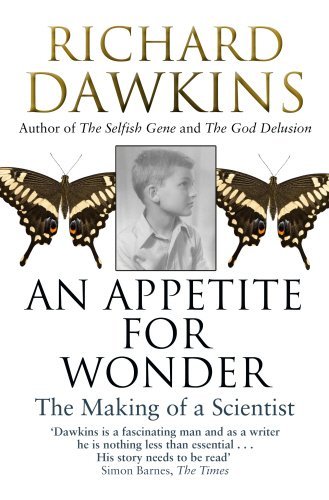What do you think?
Rate this book


352 pages, Paperback
First published January 1, 2013



won•der [wuhn-der] verb
1. to think or speculate curiously.
2. to be filled with admiration, amazement, or awe; marvel.
3. to doubt.
I have had to earn my own bread. But—while happy to ignore the attacks I have (yes, really) received for being white, male and adequately educated—I cannot deny a measure of unearned privilege when I compare my childhood, boyhood and youth to others less fortunate. I do not apologize for that privilege any more than a man should apologize for his genes or his face, but I am very conscious of it.